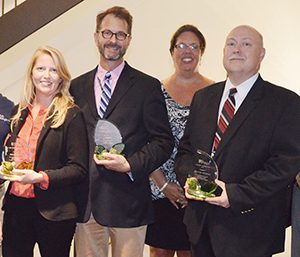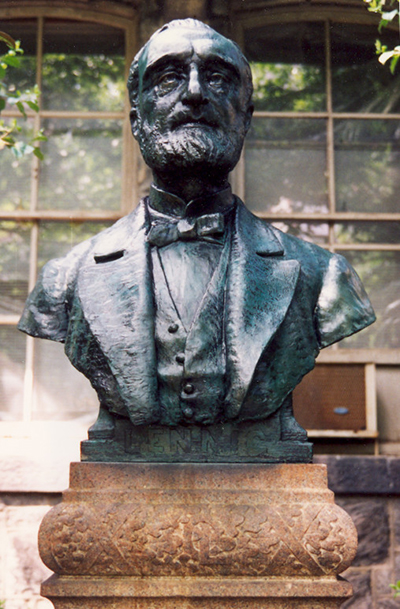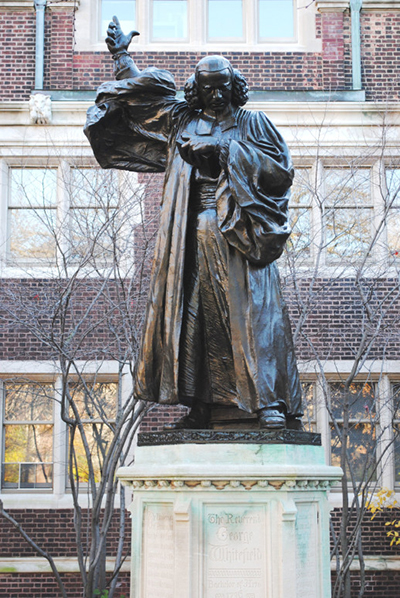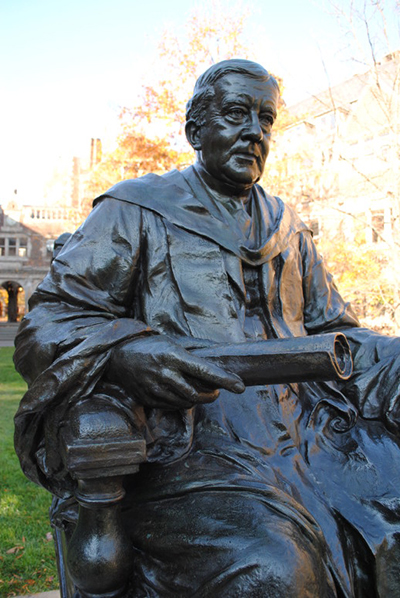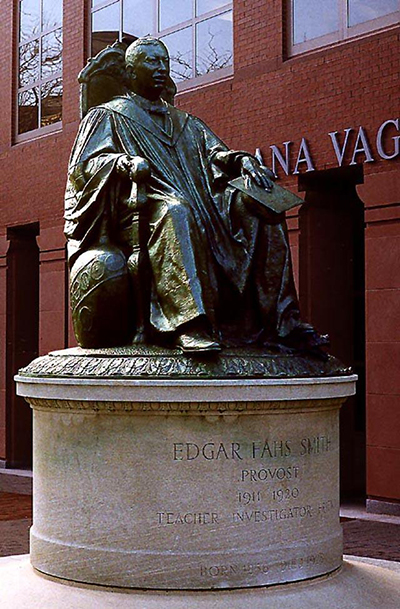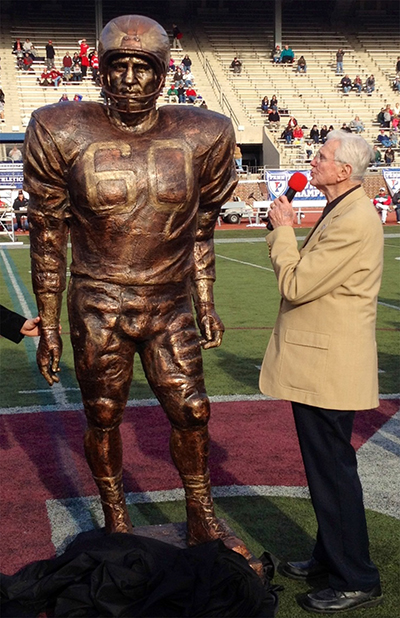Engaging Students Through Technology Symposium 2015
In collaboration with several campus partners, the Penn Libraries is pleased to present the annual Engaging Students Through Technology Symposium.
The guiding question for this year is: Ed Tech 2020: What Will Learning Look Like?
The symposium will be held on Friday, October 30 from 9:30 a.m.-4 p.m. in Claudia Cohen Hall and the Van Pelt-Dietrich Library Center.
It will include a faculty panel, an undergraduate student panel, two rounds of concurrent workshops and a lightning round. Stanton Wortham (faculty director, Online Learning Initiative) will share opening remarks. The faculty panel includes Jim English (English), Peter Fader (marketing), Joe Farrell (classical studies), Philip Gressman (mathematics) and Mélanie Péron (Romance languages). Peter Decherney (cinema studies and English) will facilitate the undergraduate student panel. Discussion will build on perspectives collected from an undergraduate student survey at http://tinyurl.com/wic2015student
Workshop themes include data visualization techniques, uses of Canvas, social media and 3D printing. The program is designed for faculty, teaching staff and graduate students, and is co-sponsored by CAMRA, the Center for Teaching and Learning, the Penn Language Center, the Online Learning Initiative, SAS Computing and the Weingarten Learning Resources Center (VPUL).
Last year’s symposium attracted over 130 participants from all 12 schools across the University. The opportunity to share ideas across disciplines is a key feature of this annual symposium.
For more information and to register, visit http://commons.library.upenn.edu
Please send questions to wic1@pobox.upenn.edu
2015 Symposium on Open Access
In recognition of International Open Access Week, the Penn Libraries presents “Open Dialogs on Open Access,” a month of events that will provide an opportunity to discuss the different nuances of open access in the creation and dissemination of information across the disciplines. The symposium will run now through November 16 and feature conversations with Penn faculty, librarians and students as well as representatives from the University of Pennsylvania Press, the Office of the General Counsel and Palgrave-Macmillan. Registration is encouraged but not required unless otherwise noted.
Today, from noon-1 p.m., Creative Commons: A License to Share Knowledge, Katie Rawson, coordinator for digital research & librarian for literature in English and Sarah Wipperman, ScholarlyCommons repository service manager & analyst, Penn Libraries; Meyerson Conference Room, 2nd floor, Van Pelt-Dietrich Library Center. Register: http://libcal.library.upenn.edu/event/2205902
For the other dates, times and descriptions, visit http://repository.upenn.edu/penn_oa_events
ASEF-PSOM & PASEF Emeritus Celebration: November 4
The Associations of Senior and Emeritus Faculty of the Perelman School of Medicine (ASEF-PSOM) and the University of Pennsylvania (PASEF) will honor the new emeritus and recently retired faculty in a program/reception on Wednesday, November 4 from 4:30-7 p.m. at the Sweeten Alumni House, 3533 Locust Walk.
They will celebrate the careers and special memories of the 2015 faculty retirees. To see the names of those who have retired in the past academic year and are being honored at this celebration, see the ASEF-PSOM website at www.med.upenn.edu/asef/ To RSVP, email myers@mail.med.upenn.edu
Breast Cancer Awareness Month
October is Breast Cancer Awareness month. In honor of this month, we are dedicating October’s Wellness Walk to those who are currently battling breast cancer, have lost their battle to breast cancer and are survivors of breast cancer. We are asking everyone who can to show their support by wearing pink. It can be a pink hat, shirt, socks, jewelry, scarf, etc. The more pink, the better. We want to help bring awareness as we walk throughout the Penn community. So grab your coworkers and join us for just an hour as we take advantage of the great benefits walking produces, while we also remember those who are still on their journey to recovery, pay tribute and honor those who are no longer with us and celebrate those who have survived.
The walk will take place on Friday, October 23 at noon. We will meet in front of College Hall by the Ben Franklin statue. There will be an option to participate in a 1-mile or a 2-mile route. Even if you do not have time or feel that you cannot walk the entire course, please still come out and join us for as long as you are able. You may drop out at any time throughout the walk.
Register for the walk at https://www.hr.upenn.edu/myhr/registration/events?category=all We want to acknowledge and thank our colleagues from the Center for Public Health Initiatives, our collaborators who will be leading October’s walk.
Continuing a Halloween Tradition: The Phantom Returns to Irvine

The classic film The Phantom of the Opera will once again be front and center at the University of Pennsylvania on Tuesday, October 27 at 7 p.m. in Irvine Auditorium.
This annual show is an opportunity to experience the 1925 silent film The Phantom of the Opera with live organ accompaniment. The Phantom of the Opera is an adaptation of the Gaston Leroux’s novel of the same name directed by Rupert Julian. The film features Lon Chaney in the title role as the masked and facially deformed Phantom who haunts the Paris Opera House, causing murder and mayhem in an attempt to force the management to make the woman he loves a star. It is most famous for Lon Chaney’s intentionally horrific, self-applied make-up, which was kept a studio secret until the film’s premiere.
Famed improvisational organist Peter Krasinski will play the 10,731-pipe Curtis Organ. This Halloween tradition is free and open to the public.
Mr. Krasinski is a world-renowned conductor, organist and teacher, and he specializes in the art of live silent film accompaniment. Come see The Phantom of the Opera the way it was meant to be enjoyed as Mr. Krasinski performs on the 11th largest organ in the world.
Day of the Dead—Día de los Muertos—Celebration
at the Penn Museum
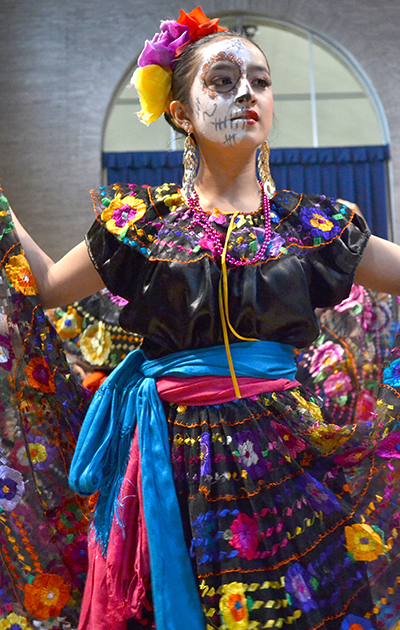
This Halloween, the Penn Museum, in conjunction with the Mexican Cultural Center and the Mexican Consulate in Philadelphia, invites guests of all ages to a celebration enjoyed in Mexico, and increasingly in places throughout the world: Día de los Muertos, or Day of the Dead. With more than a few ghoulish skeletons and macabre decorations, this event brings family and friends together to pray for and remember loved ones who have died. Far from a morose affair, Day of the Dead is a celebration, rich in traditions and connections—it is at heart a celebration of life.
The fourth annual Day of the Dead Celebration at the Museum will take place from 11 a.m. to 4 p.m. on Saturday, October 31 with pageantry and giant puppetry, music and dance, storytelling, papier-mâché artistry, sugar skull and mask making, face painting, special foods including traditional, sweet, “pan de muerto” buns and spicy hot chocolate, Maya-style.
Everyone is invited to bring a photo and a memento of their own to place at a communal altar, remembering the passing of a loved one. Halloween costumes are encouraged, and costumed guests under 12 will receive half price admission to the event. Guests dressed in a Day of the Dead-themed costume such as La Catrina, or as a traditional Mexican icon like Frida Kahlo can join a parade and costume contest.
The Celebration is free with admission.
Centerpiece and Remembrance
The modern Mexican Day of the Dead holiday is a rich blending of traditions, its origins tracing back to beliefs and activities of indigenous peoples of Central and South Mexico, as well as Catholic celebrations of All Saints’ Day and All Souls’ Day. Throughout Mexico and around the world, the Day of the Dead brings family and friends together in a jovial manner to pray for and remember deceased loved ones.
Creating ornate Day of the Dead altars is one of the most important traditions in Mexican, Mexican-American and Latino communities worldwide. The altars typically have three levels: one for food and flower offerings to those who have died, one that touches on religious traditions, including the pre-Hispanic tradition that to remember someone is to “bring them back” among the living and a final level that dedicates the altar to someone.
The centerpiece of the day will be an elaborate altar to be created by renowned Philadelphia artist and muralist Cesar Viveros and Mexican Consulate personnel. Fittingly, this year’s central altar honors another muralist, Mexico’s Rufino Tamayo (1899-1991). Mr. Viveros chose to dedicate this year’s centerpiece altar to Mr. Tamayo, who shunned the political style of his contemporaries, instead expressing what he believed represented traditional Mexico. He lives between Mexico and New York, and his work includes lithographs and woodcuts. He is also credited with inventing the Mixografia technique, which results in prints with three-dimensional texture.
Mr. Viveros recently gained international acclaim working on a Philadelphia-based project for the World Meeting of Families. He designed The Sacred Now mural, earning himself and his collaborators a Guinness World Record for most contributions to a painting by numbers. Across 16 paint days, more than 2,700 people, including area residents and World Meeting of Families attendees, helped finish the work, which Pope Francis signed in front of a crowd of thousands.
In addition to the centerpiece altar, visitors can also view colorful altars created by local community groups and Mexican restaurants, including Novedades Marisol and Lupita’s Mexican Market both from Norristown, the Springside Chestnut Hill Academy’s Spanish Club and El Rey restaurant in Philadelphia. Community groups will vie for prizes on their own creative altars, on display for the day.
Conference
23 Tenth Annual Kolb Senior Scholars Colloquium: Voices of the Dead: A Global Perspective on the Archaeology of Death; 2-5 p.m.; Widener Lecture Hall, Penn Museum (Anthropology; Classical Studies).
Film
22 Rati Chakravyuh; a screening and conversation; Ashish Avikunthak, filmmaker; Shekhar Deshpande, Arcadia University; Rahul Mukherjee, cinema studies; 3:30 p.m.; Slought (Slought; Cinema Studies).
Talks
21 Social Inheritance and Differences in Human Learning & Development; Ezekiel Dixon-Roman, SP2; noon; Penn Bookstore (Penn OAA.EOP).
22 The Vocal Memnon Colossus; Patricia Rosenmeyer, University of Wisconsin-Madison; 4:30 p.m.; rm. 402, Claudia Cohen Hall (Classical Studies).
27 Gender: A Useful Category of Historical Analysis; Joan Wallach Scott, CUNY; 4:30 p.m.; rm. 209, College Hall (History).
Open Dialogs on Open Access
At noon; Meyerson Conference Room, Van Pelt-Dietrich Library; register at https://repository.upenn.edu/penn_oa_events/
22 Researching the Public Domain & Open Access; Robert Terrell, Office of the General Counsel; John Mark Ockerbloom, Penn Libraries.
23 Open Access Projects at Penn; Eric Alan Weinstein, the Unbinding Prometheus Project; Chris Mustazza, Penn Sound.
Campus Flu Vaccine Clinics
Arm yourself for the season and get your flu shot.
Penn faculty and staff are welcome to attend the Student Health Service (SHS) sponsored flu vaccine clinics:
• Thursday, October 22 in Bodek Lounge, Houston Hall from 11 a.m. to 7:30 p.m.
• Wednesday, October 28 in Hall of Flags, Houston Hall from 11 a.m. to 7:30 p.m.
No appointment or pre-registration is necessary for the SHS clinics. Please present your valid PennCard at the clinic to receive the vaccine—free to faculty and staff.
• Monday, November 2 in Bodek Lounge, Houston Hall from 10 a.m. to 6 p.m.:
Human Resources will provide free flu shots to faculty and staff.
Registration is required: https://www.hr.upenn.edu/flu
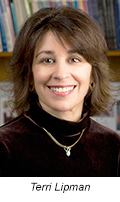

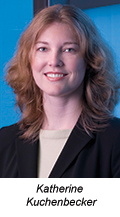
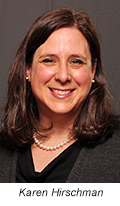
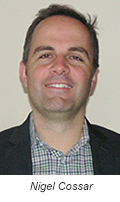
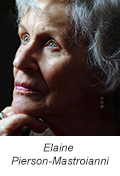
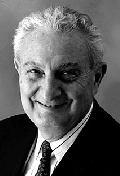
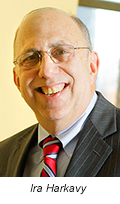
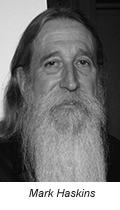
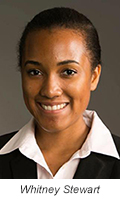
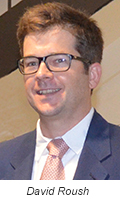 Penn’s first Green Purchasing Awards were bestowed at the annual Purchasing Services Supplier Show on September 30. This new award honors the leading actions of any individual or team that significantly advances the development of sustainable purchasing practices at Penn.
Penn’s first Green Purchasing Awards were bestowed at the annual Purchasing Services Supplier Show on September 30. This new award honors the leading actions of any individual or team that significantly advances the development of sustainable purchasing practices at Penn.